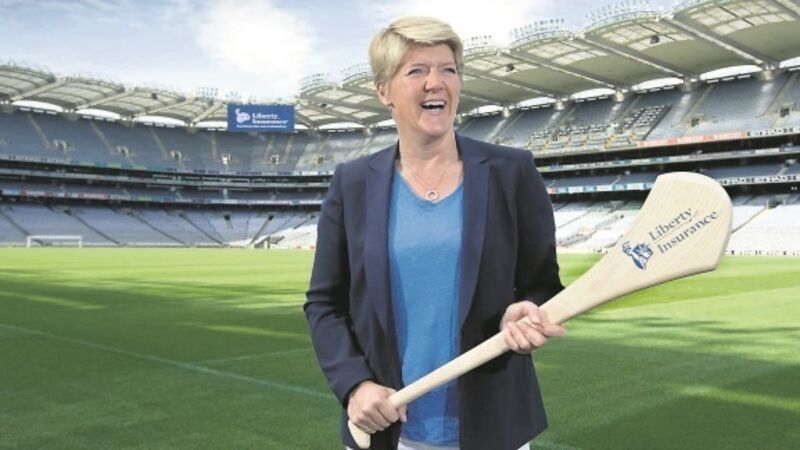Clare Balding proves she is fit for sports TV without ’glamming up’

WHY aren’t there more women in sports journalism? I asked that question of sports broadcaster Clare Balding, at the Croke Park launch of the Liberty Insurance WISE UP report on women in sport in Ireland.
Balding is eating in the pressroom, before she goes on stage. She’s in jeans and blazer, a far cry from her uncomfortable-looking, big, flowery Ascot hat-and-dress combo.











